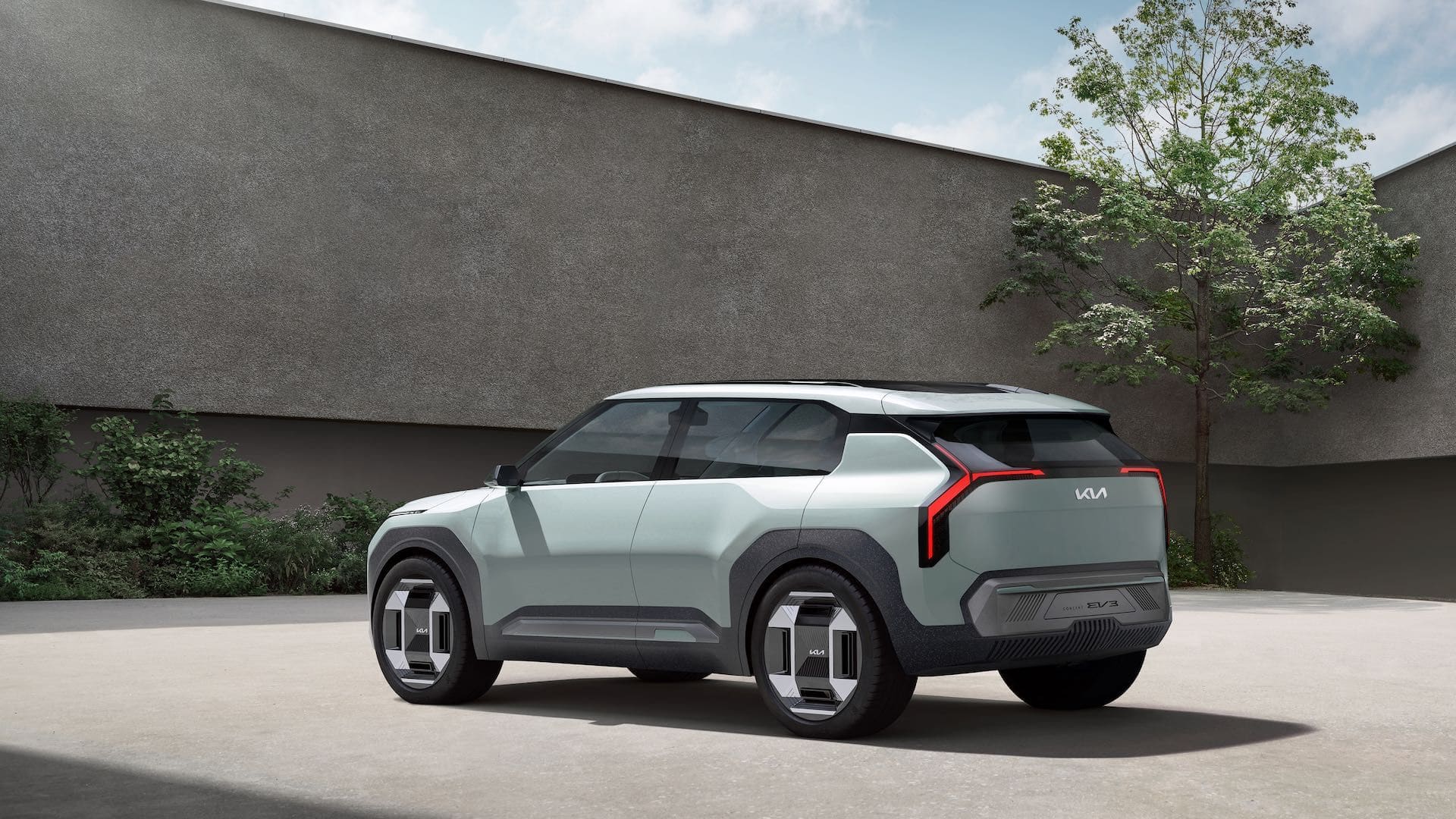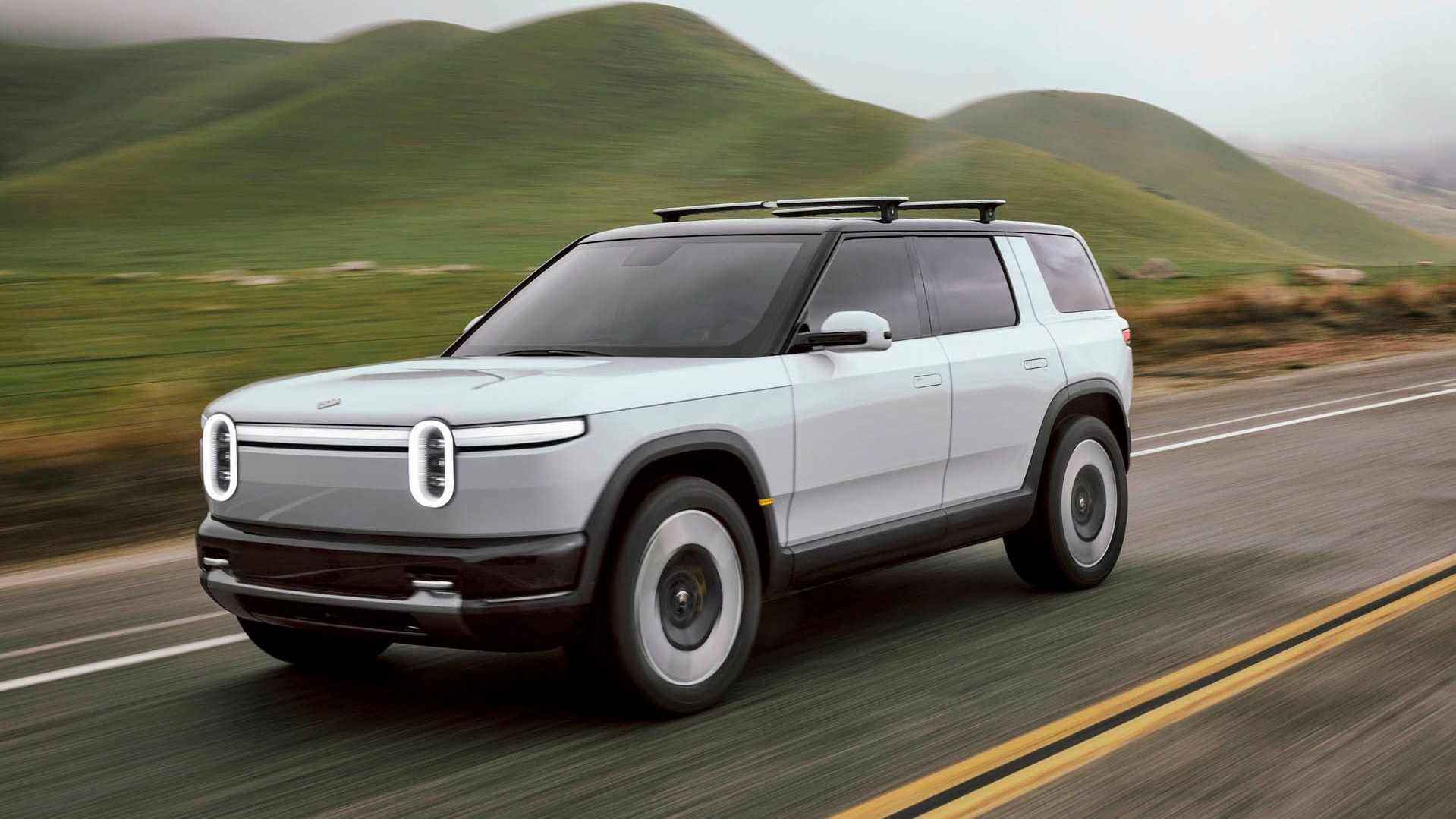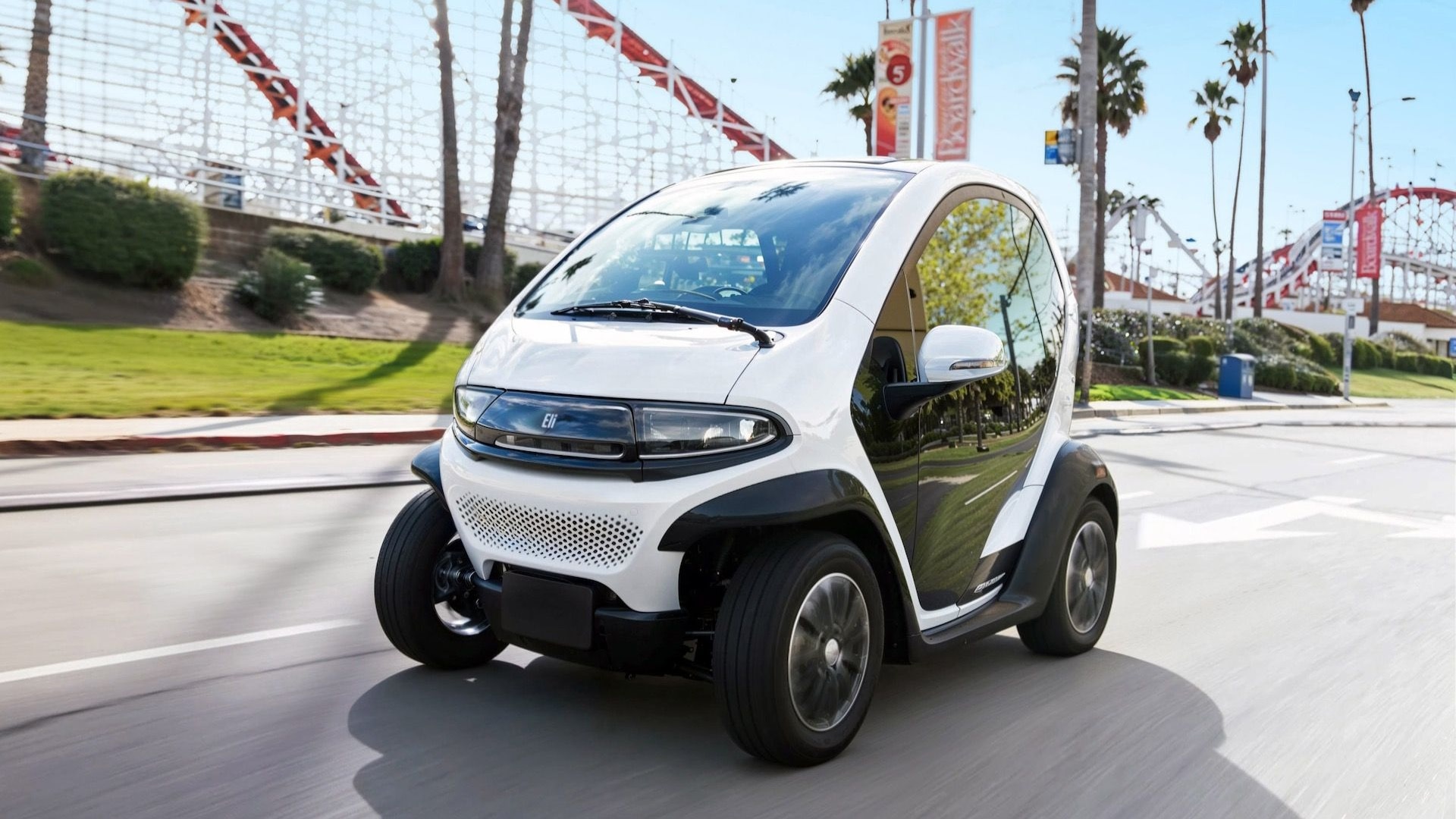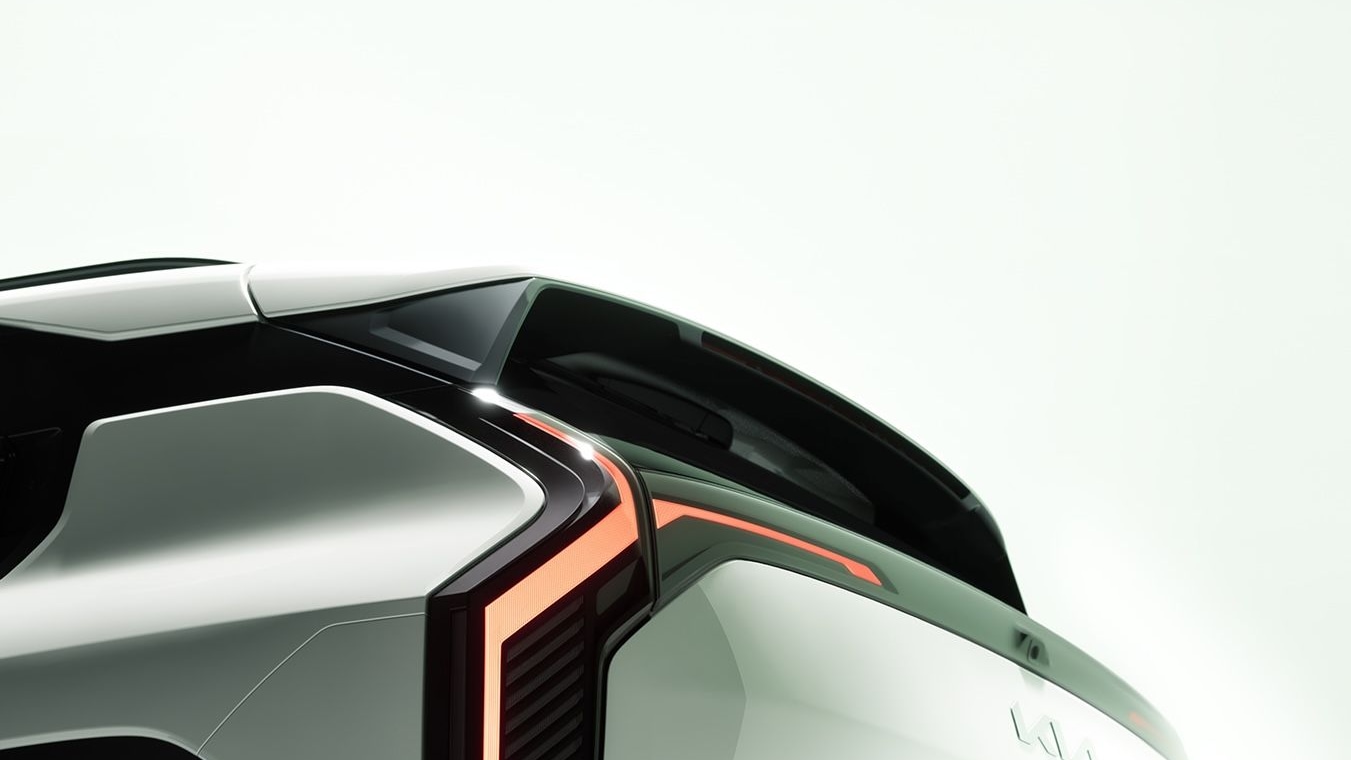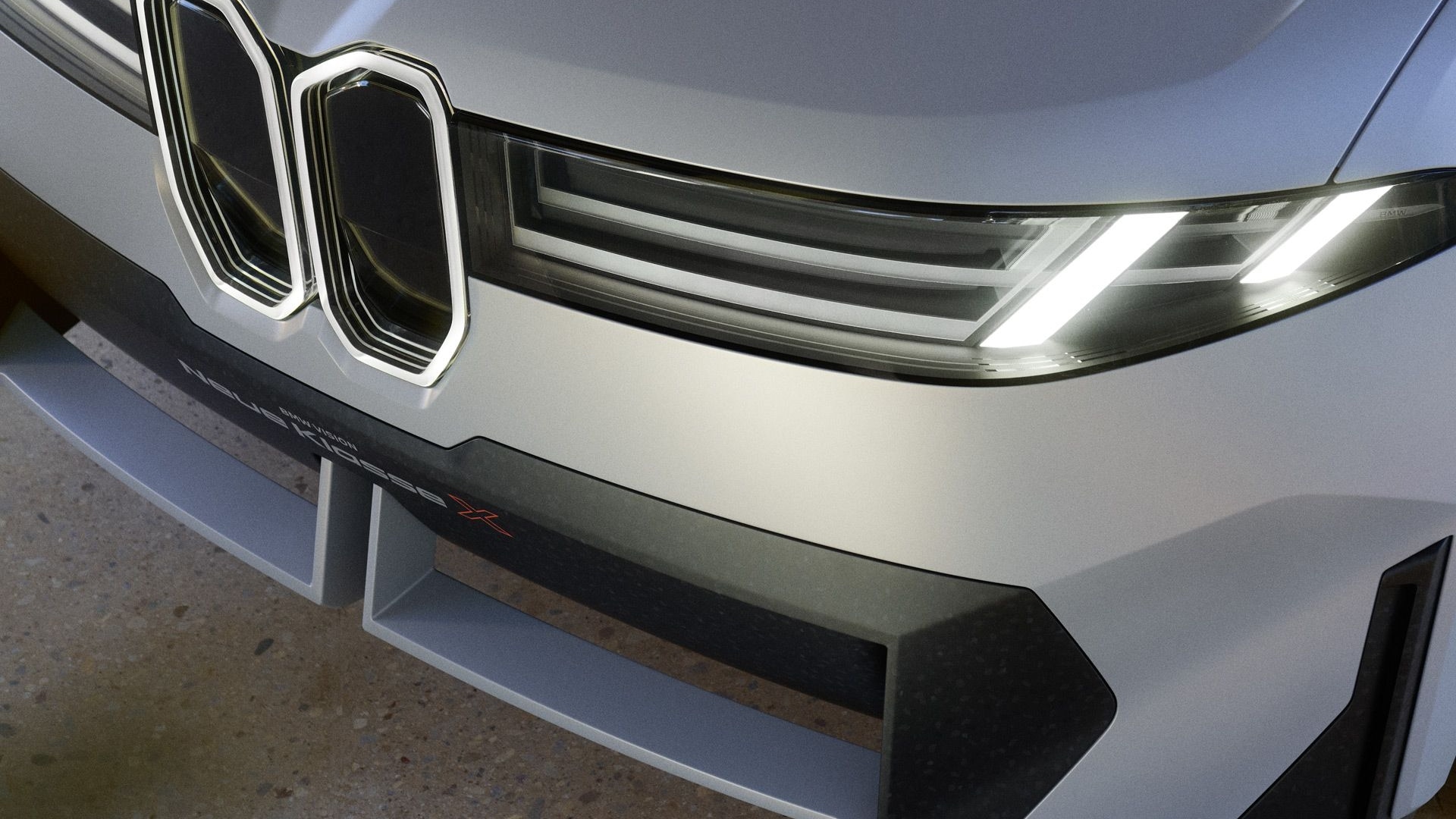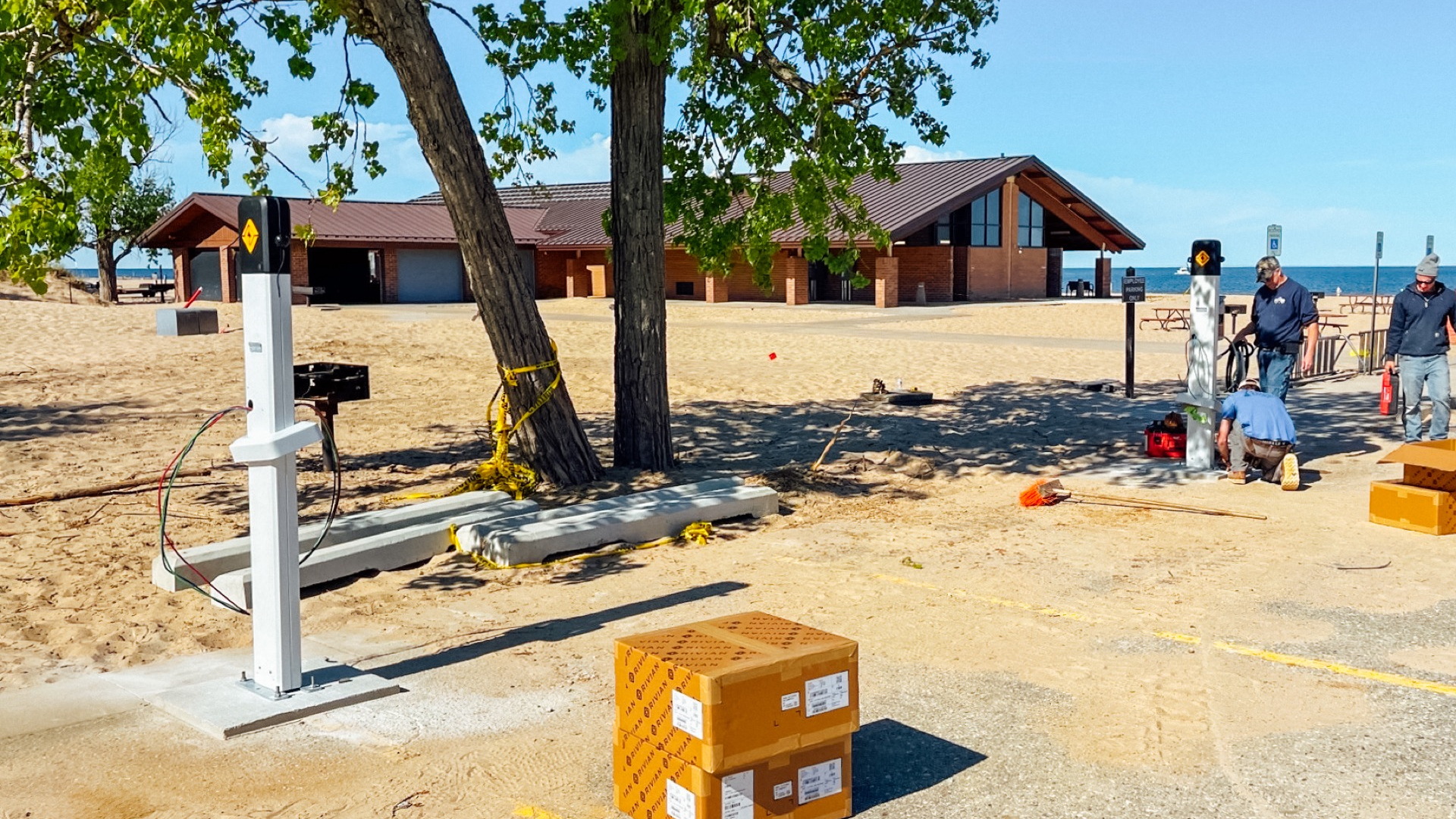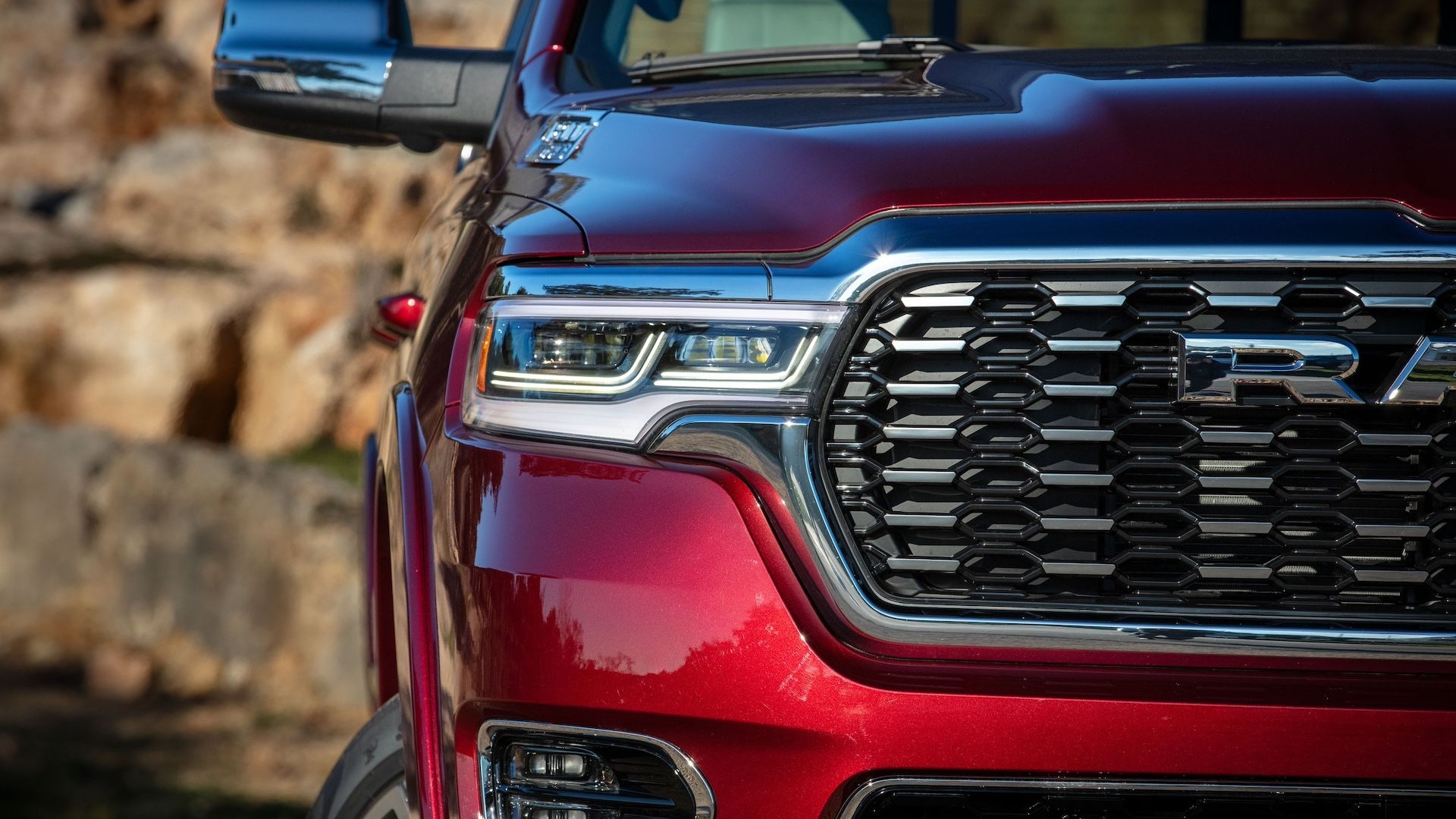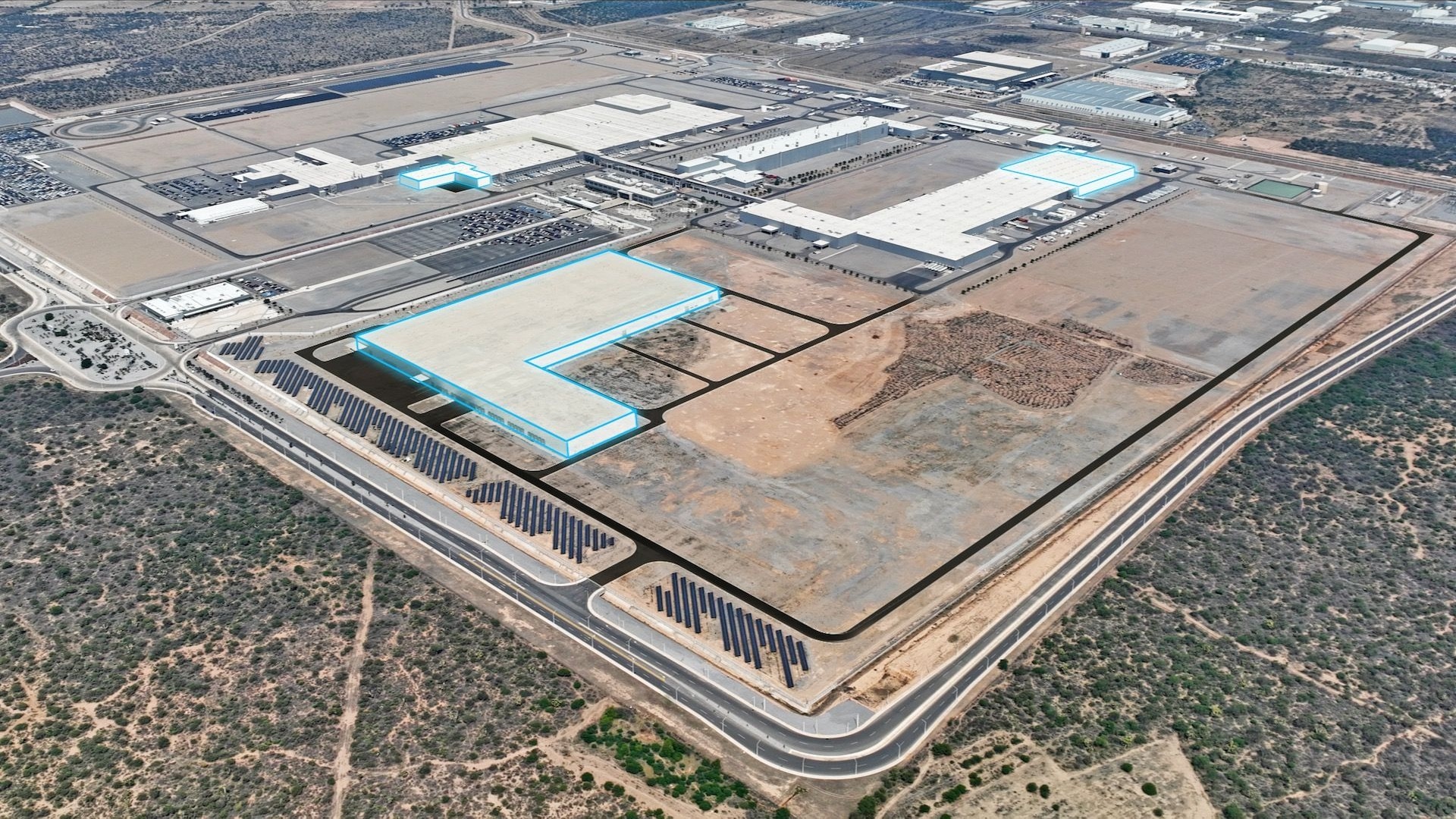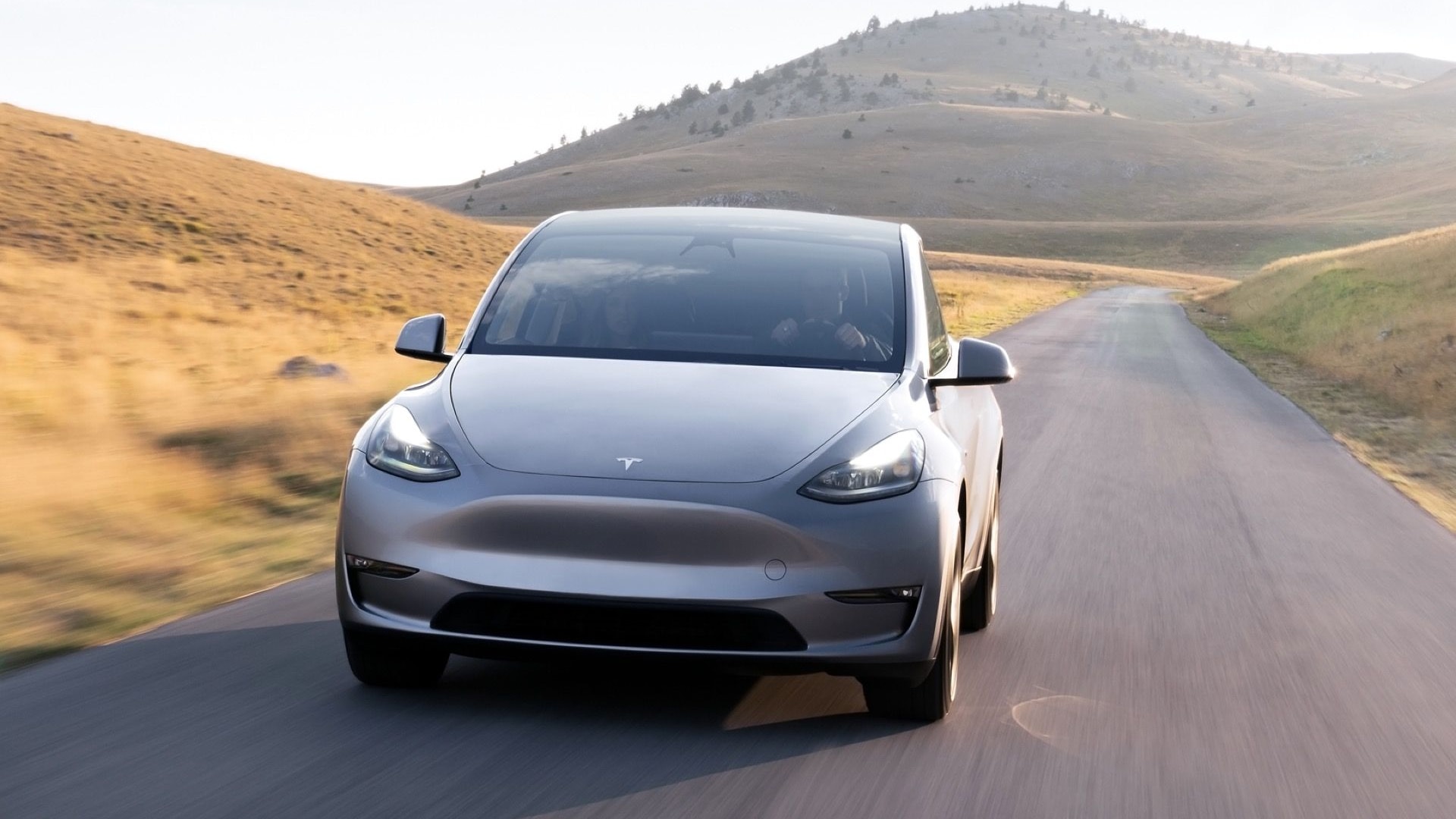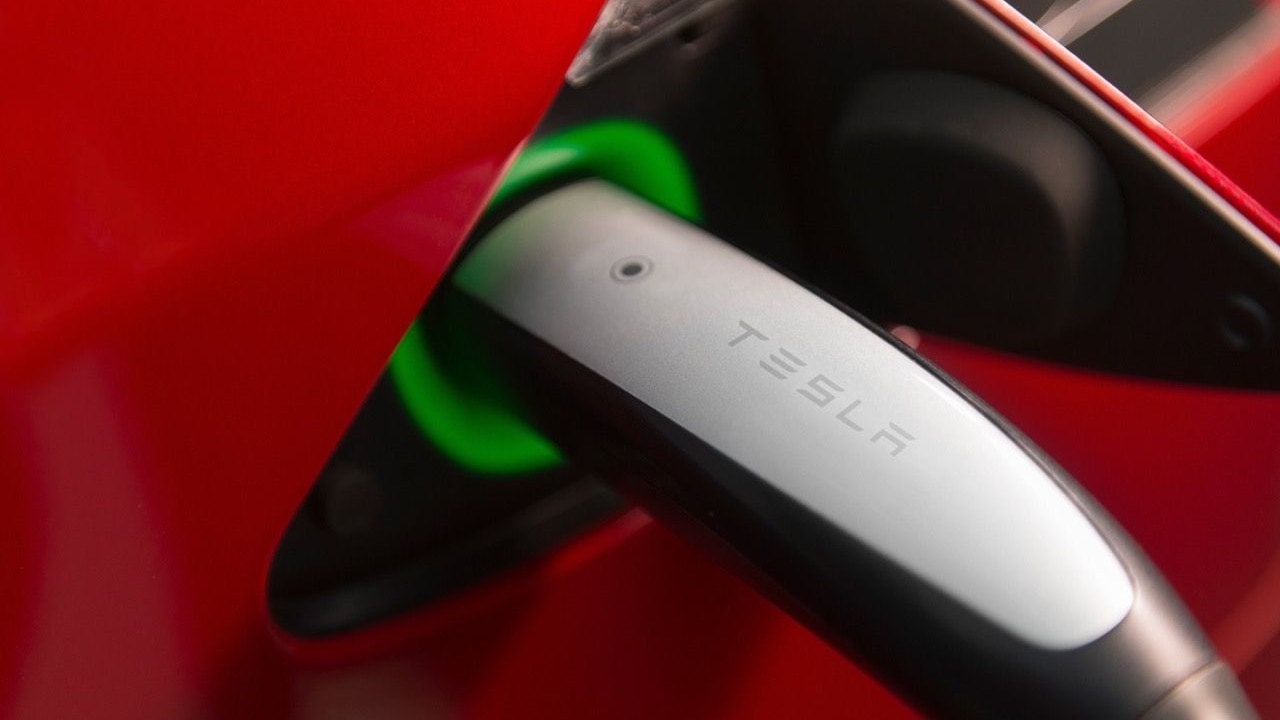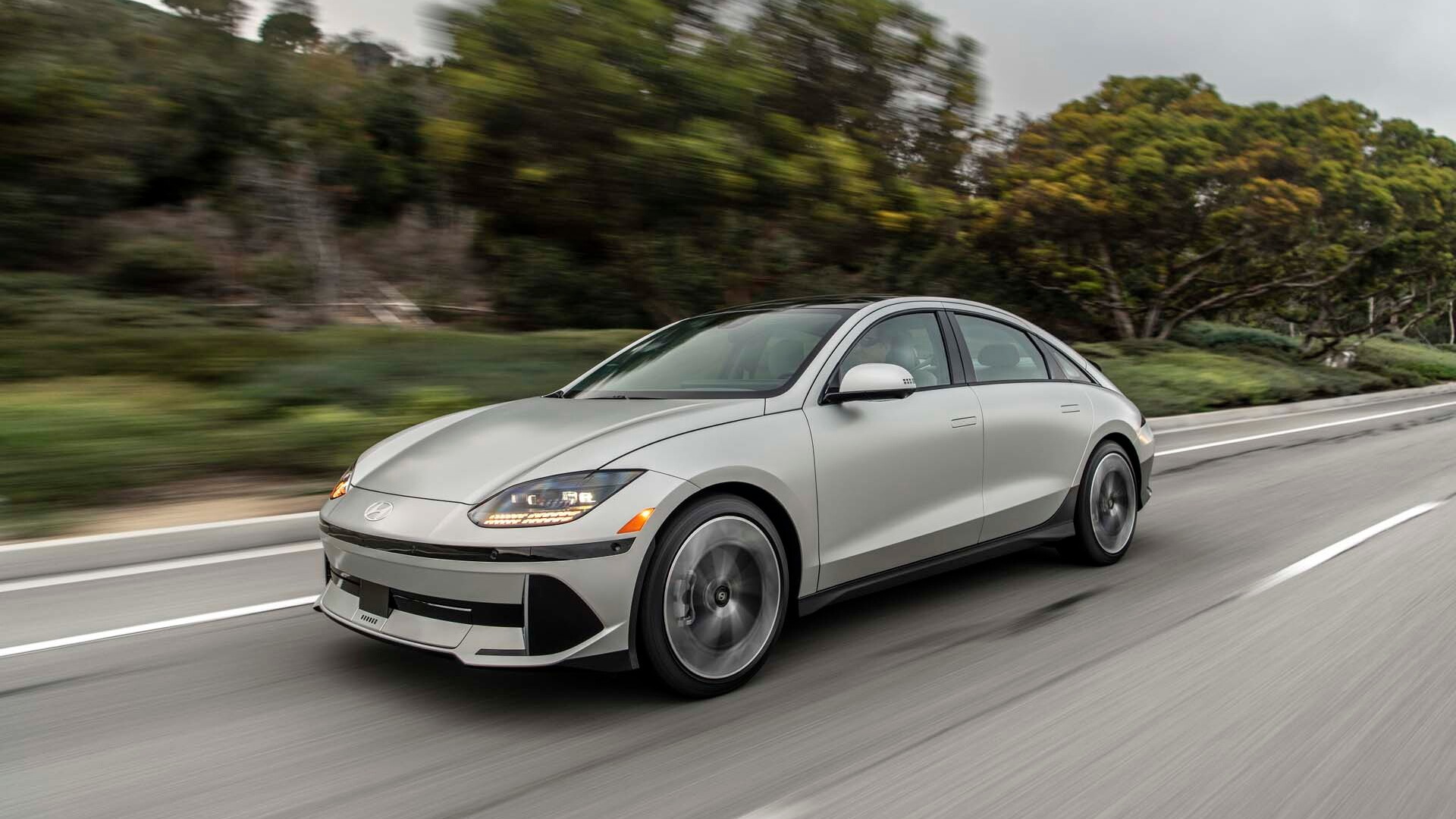Over the past few months, we’ve been covering the woes of 2011 Nissan Leaf owners in hotter states who have already reported a noticeable loss in battery capacity since their cars were new.
The woes of these early-adopting Leaf owners has certainly prompted many to ask if electric car battery packs are as good as some automakers have said, but how long can we realistically expect electric car battery packs to last?
The answer, it turns out, depends on where you live, and how the battery is cooled within your car.
According to the U.S. Department Of Energy’s Office of Energy Efficiency and Renewable Energy (EERE) and Pike Research, where you’re based in the U.S. can vary battery life as much as five years.
In a blog post last week, Pike Research battery specialist John Gartner detailed that electric car lithium ion battery packs perform their best, and last longer, if they are kept at temperatures between -10 and +30 degrees Celsius (14-86 degrees Fahrenheit).
At lower temperatures, Gartner says, battery packs cannot provide full power. Get hotter than 86 degrees Fahrenheit, and most batteries suffer premature capacity loss.
This study perfectly explains the situation being experienced by several dozen Nissan Leaf owners in hot states like Arizona, Texas and southern parts of California.
Unlike the 2012 Chevrolet Volt and 2012 Tesla Model S, the 2012 Nissan Leaf does not use any active cooling technology to reduce the battery pack temperature in hot environments.
Arizona
This week, Phoenix, Arizona will experience temperatures well above 110 degrees Fahrenheit. That means any battery packs in Nissan Leafs exposed to that kind of heat will also get very hot.
As the EERE predicts, this means cars like the Nissan Leaf based in Phoenix will reach 75 percent of original capacity some five to ten years sooner than cars in cities like Minneapolis, where summer averages hover in the low 70s.
The solution, as many analysts and industry insiders have said in the past, is to use active liquid cooling to keep battery packs operating within tightly-controlled temperature zones.
Take Ford, for example. With liquid cooling of its Focus Electric battery pack, the automaker should enjoy a very long lifespan for its battery packs.
Compared with a similar battery pack without liquid cooling in hot climates like Arizona, a liquid-cooled battery pack will retain 10 percent more of its original capacity after 10 years than a non-cooled pack.
With documented, scientific proof that temperature does affect battery life, we can draw one conclusion.
If you live in a state where regular summer temperatures go above 90 degrees, you’re better off buying a plug-in car with a liquid-cooled battery pack.
+++++++++++

